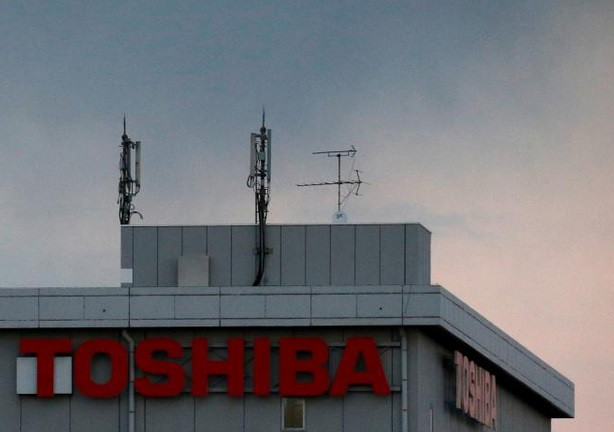Toshiba Corporation, a long-standing giant in Japan's tech industry, marked a historic shift as it was delisted from the Tokyo Stock Exchange after 74 years. The move followed a tumultuous decade of scandals and upheaval, culminating in a $14 billion buyout by a consortium led by Japan Industrial Partners (JIP). This major transition signals an end to one era and the beginning of another for the conglomerate, renowned for its diverse portfolio ranging from batteries and chips to nuclear and defense equipment.
The buyout group includes notable entities such as financial services firm Orix, utility Chubu Electric Power, and chipmaker Rohm. This change in ownership represents a significant pivot for Toshiba, moving it from the influence of overseas activist investors, who had been a source of corporate paralysis, to domestic stewardship. "Toshiba will now take a major step toward a new future with a new shareholder," the company stated, emphasizing its commitment to enhancing corporate value and societal contribution.
The decision to go private under domestic investors comes after a challenging period marked by strategic missteps and unfortunate circumstances. The conglomerate has been at the center of controversies ranging from accounting scandals to substantial losses in its U.S. nuclear business, which severely tarnished its reputation and operational stability.
Under the new ownership, CEO Taro Shimada, who retains his position post-buyout, is expected to steer Toshiba towards high-margin digital services. This focus on profitable avenues is seen as a crucial step in reviving the company's fortunes. "Toshiba's difficulties ultimately were caused by a combination of bad strategic decisions and bad luck," observed Damian Thong, head of Japan research at Macquarie Capital Securities.
The new board will comprise JIP executives and representatives from Orix and Chubu Electric, joined by an advisor from Toshiba's main lender, Sumitomo Mitsui Financial Group. This blend of expertise and financial backing is seen as pivotal for Toshiba's strategic redirection.
Already, Toshiba has partnered with Rohm, a fellow consortium member, to invest $2.7 billion in manufacturing facilities for joint production of power chips. This move aligns with the company's focus on high-tech innovation and development. "If management can figure out a way to let those engineers truly engage in breakthrough innovation activities, they can emerge as an important player," said Ulrike Schaede, a professor at the University of California, San Diego.
The delisting marks a significant turning point for Toshiba. Founded in 1875, the company grew into one of Japan's most prominent corporations, spanning a wide array of technologies. However, its trajectory took a downward turn with a series of scandals in the mid-2010s. In 2017, to stave off delisting due to excess liabilities, Toshiba conducted a capital increase through a third-party allotment of new shares, attracting activist shareholders and leading to increased tensions. The decision to accept the JIP-led consortium's buyout offer earlier this year was a culmination of these challenges.
As Toshiba embarks on this new chapter, it seeks to leverage its deep tech capabilities and refocus its strategic direction, while navigating the complexities of a rapidly evolving global tech landscape.






